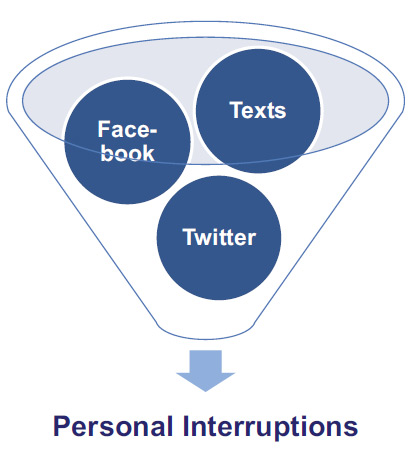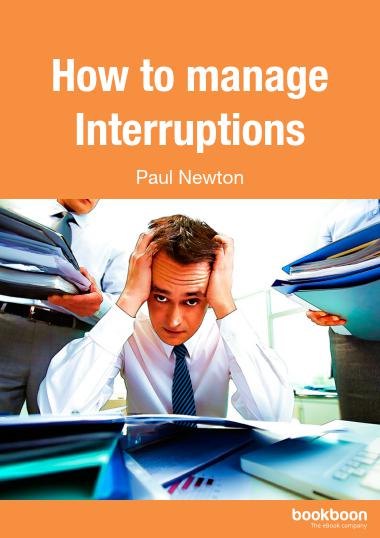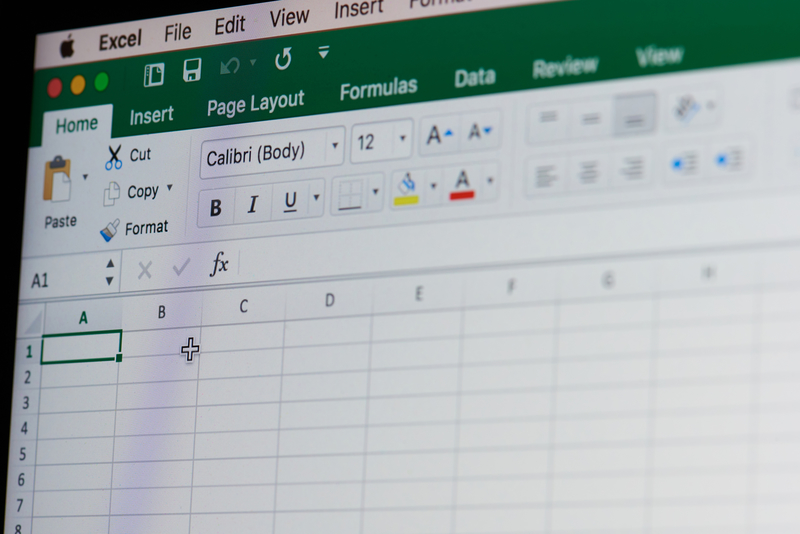11 Instant Techniques To Minimise Interruptions
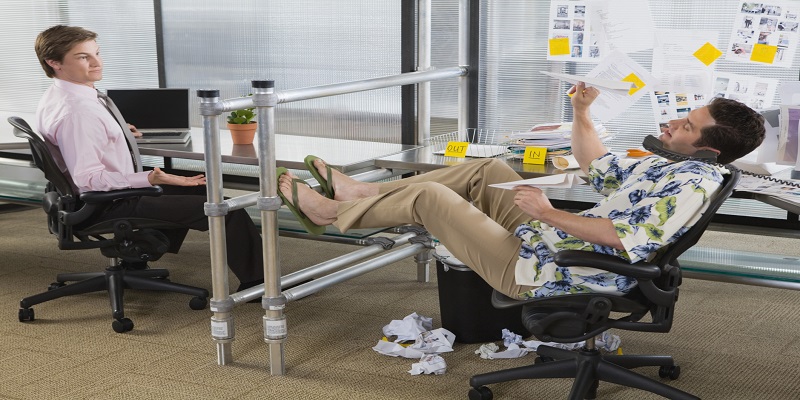
Have you ever experienced working on a very tight deadline and yet people around you seem not to notice and constantly disturb you? Have you ever hated a colleague or two for bringing you into some unnecessary conversations that led to your inability to submit a report on time? Have you ever regret socializing with your co-workers during your working hours? If so, this article is for you! Enumerated here are some of the best ways to maintain and even increase your productivity by minimizing interruptions at work. These techniques really work without making you feel isolated and look like a rude, mean and some sort of an alien inside your office.
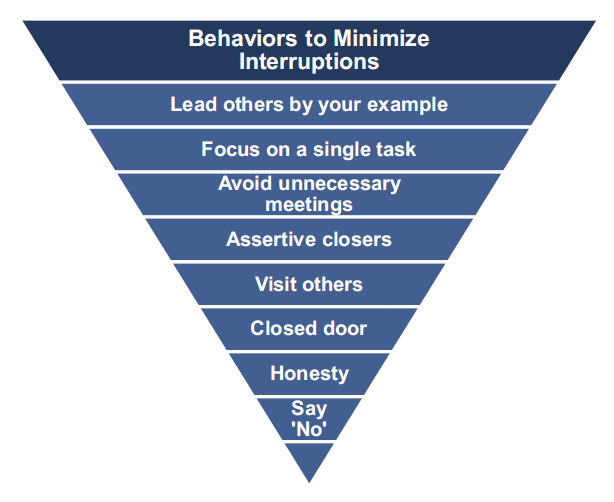
The techniques indicated here are well-known, yet simple to introduce and use in your working place. You will just have to choose which suits best on you and on your situation. These techniques or barriers will help you divert interruptions from obstructing your protected periods of time. All you have to do is to be consistent in your approach so that people around you will get used to it and will not misinterpret your actions.
- Closed door
This is an extremely effective barrier to social interruptions especially if you have your own office or room. By closing the door, you can easily express your intention of not to be interrupted. However, this must be used sparingly so that when a colleague needs you urgently on an important matter, they can still reach you.
- Signs
Many offices uses nameplates on desk for easy identification. These nameplates can also be used as a barrier to interruptions. Your name in front can suggest that you are available and at the back of it, you can make a sign that you are not. For instance you can put a “Please do not disturb” sign and place it on your desk for everyone to see whenever you are busy.
- Visit others
Instead of them visiting you and unintentionally interrupt you, why not be the one to visit them? With this, you’ll be the in control of your conversation and its length. You can also initiate talks at break time. Chat with them when you have time. Just make sure you will not turn out to be an interrupter!
- Meetings
During a meeting, and you are aware of the presence of a talkative colleague, make sure to have a timed agenda that you all adhere to. With this, interruptions will be lessen and desired objectives and outcomes will be met.
- Assertive closers
In an assertive yet polite manner, you can always tell your interrupter that you have a commitment to finish at a specific point of time. Acknowledge their concerns first and let them know when the best time you can talk about the concern is.
- Personal calls and texts
Communication nowadays seem to label every person in the world to be available 24/7. The simplest way to control this interruption is to ensure that you’re able to communicate with your friends and families that you’re not answering calls or texts during working hours unless it is an emergency. Just make sure that you do not fall into a trap of answering them. Be consistent and stand on your decision.
- Honesty
Misunderstanding in workplace is a result of improper communication within co-workers. It is always best to be honest and tell your colleagues about your heavy schedule instead of rejecting them because you’re pressured. Make sure they are aware of your status to guarantee good communications are maintained.
- Single task focus
Multi-tasking is not always good, especially at work. This is too distracting. It is hard to focus at some things sometimes but it is even harder to regain focus on them after you are being distracted. It is wiser to complete a specific task one at a time. This is more efficient and productive.
- Avoid unnecessary meetings
Ensure that you attend meetings that are necessary. If something can be discussed over the phone or through group e-mail, then there’s no need to call for a meeting. Also, make sure that the individuals involved are the only ones to attend the meeting.
- Just say “No”
Being a team player is not bad as long as it does not affect your productivity. Learn to say “No” sometimes, especially when you really need to be focused with your work or meet a specific deadline. Say it gracefully and offer an alternative to the person’s request so that he will not feel rejected or ignored.
- Practice what you preach
Lead by example. Show your colleagues how important it is for you to utilize your working hours well. Do not be an interrupter. Make sure that you only talk to them about work-related concerns during working hours. “Socializing” can be done during breaks and after working hours.
These techniques are simple, yet they need consistency in order to successfully implement inside the workplace. If these can be done, interruptions will be lessen and productivity will increase significantly. The cost of interruptions will be minimized as well and the revenue will rise.
